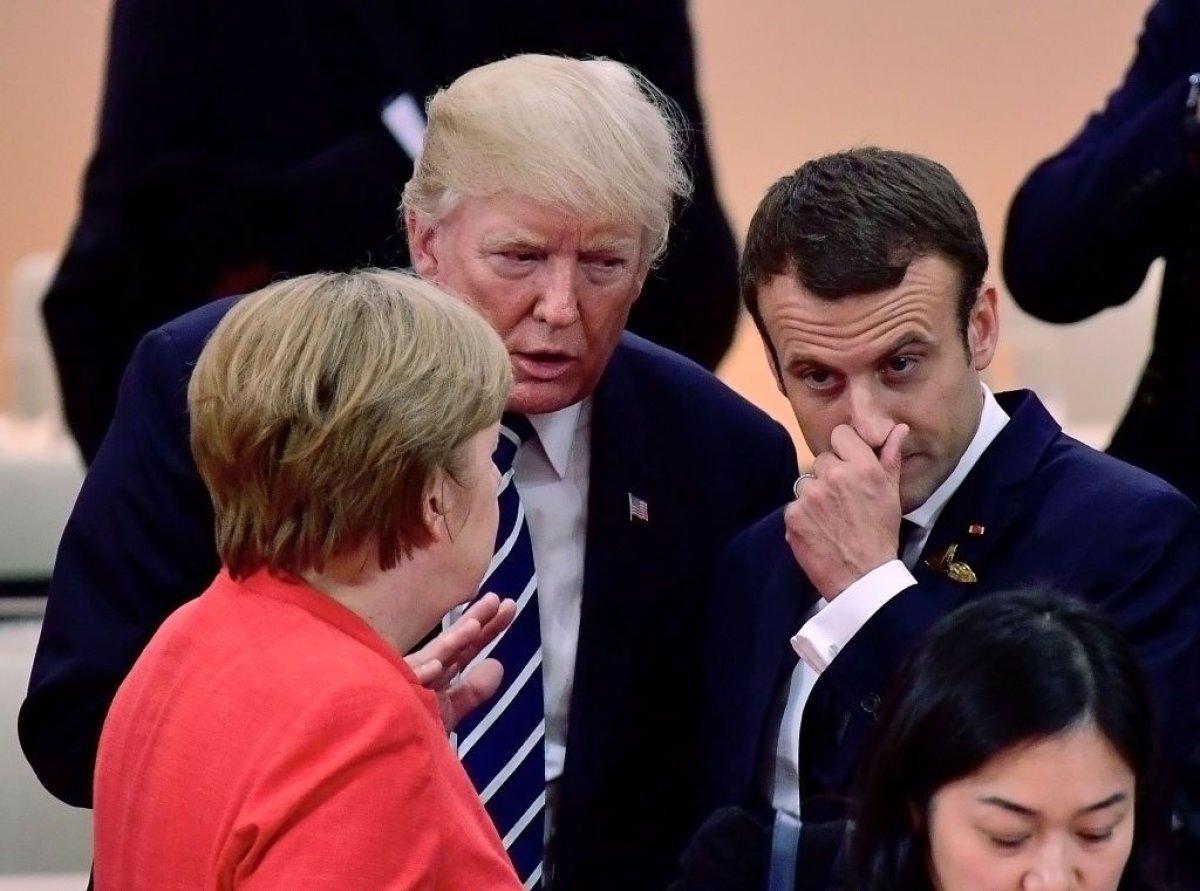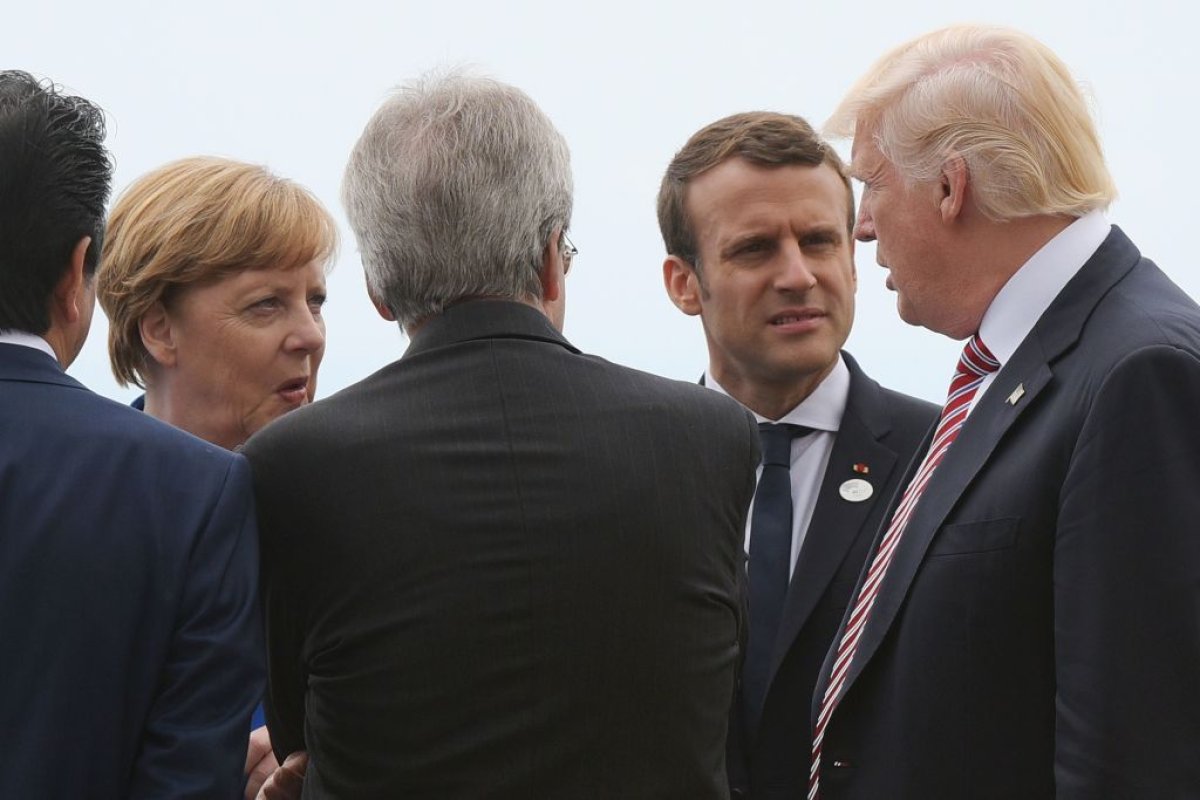Germany's foreign minister has said that Europe should respond to President Donald Trump's "America First" policy with "Europe United," while expressing his hopes that the continent can work with Democrats after they take control of the House of Representatives next year.
Heiko Maas explained that the return of Democrats to power in the legislative body following the results of Tuesday's midterm elections could lead to greater cooperation from the United States when it comes to international affairs, The Washington Post reported. "We'll see to what extent that has an impact," the minister said.
However, Julie Smith, who served as deputy national security adviser for Vice President Joseph Biden, suggested that European leaders shouldn't hold their breath.
"While they may have some reassurances when they see Democrats retake the House, they also understand they are still left with a U.S. president who fundamentally does not like the Europeans and questions the utility of the relationship— and that problem is not going to change," Smith pointed out to the Post.

Beyond Germany, France has taken a particularly critical tone toward the U.S. Earlier this week, French President Emmanuel Macron even suggested that the Trump administration has become a security threat to Europe.
"When I see President Trump announcing that he's quitting a major disarmament treaty which was formed after the 1980s Euro-missile crisis that hit Europe, who is the main victim?" Macron asked. "Europe and its security," he said, answering his own question.
The 40-year-old French leader also called on the continent to create a "true, European army" to jointly address international threats, including from the U.S. "We have to protect ourselves with respect to China, Russia and even the United States of America," he warned.
Trump publicly described the European Union as a "foe" this summer. When asked about world powers he saw as threats to the U.S., the president mentioned the longtime U.S. allies first, before also pointing to Russia and China. European leaders were quick to criticize the president's comments, with Germany's Foreign Minister Mass saying that the continent could "no longer rely on the White House."
German Chancellor Angela Merkel also warned in May, "iI's no longer the case that the United States will simply just protect us." She added that Europe must "take its destiny into its own hands."

European leaders have found themselves at odds with the Trump administration over numerous issues, including environmental concerns, the Iran nuclear deal and bilateral trade.
In June 2017, Trump announced the U.S.'s withdrawal from the Paris Climate Accords. As of last November, every nation in the world had signed the agreement, isolating the U.S. entirely. In May, the Trump administration also stepped away from the Iran nuclear agreement and moved to implement waves of sanction in August and then again earlier this week. European leaders have scrambled to salvage the agreement, working with Iran as well as Russia and China.
French Economy Minister Bruno Le Maire said on Tuesday that Europe is moving forward with setting up a special financial channel to continue trading with Iran, despite Trump's sanctions. He pointed out that such measures were to ensure Europe's "economic sovereignty," and shore up the euro's strength to increase its power to the level of the U.S. dollar.
"Europe refuses to allow the U.S. to be the trade policeman of the world," he said.
Uncommon Knowledge
Newsweek is committed to challenging conventional wisdom and finding connections in the search for common ground.
Newsweek is committed to challenging conventional wisdom and finding connections in the search for common ground.
About the writer
Jason Lemon is a Weekend Editor at Newsweek based in Brooklyn, New York. Prior to taking on the editor role, Jason's reporting focused on ... Read more
To read how Newsweek uses AI as a newsroom tool, Click here.








